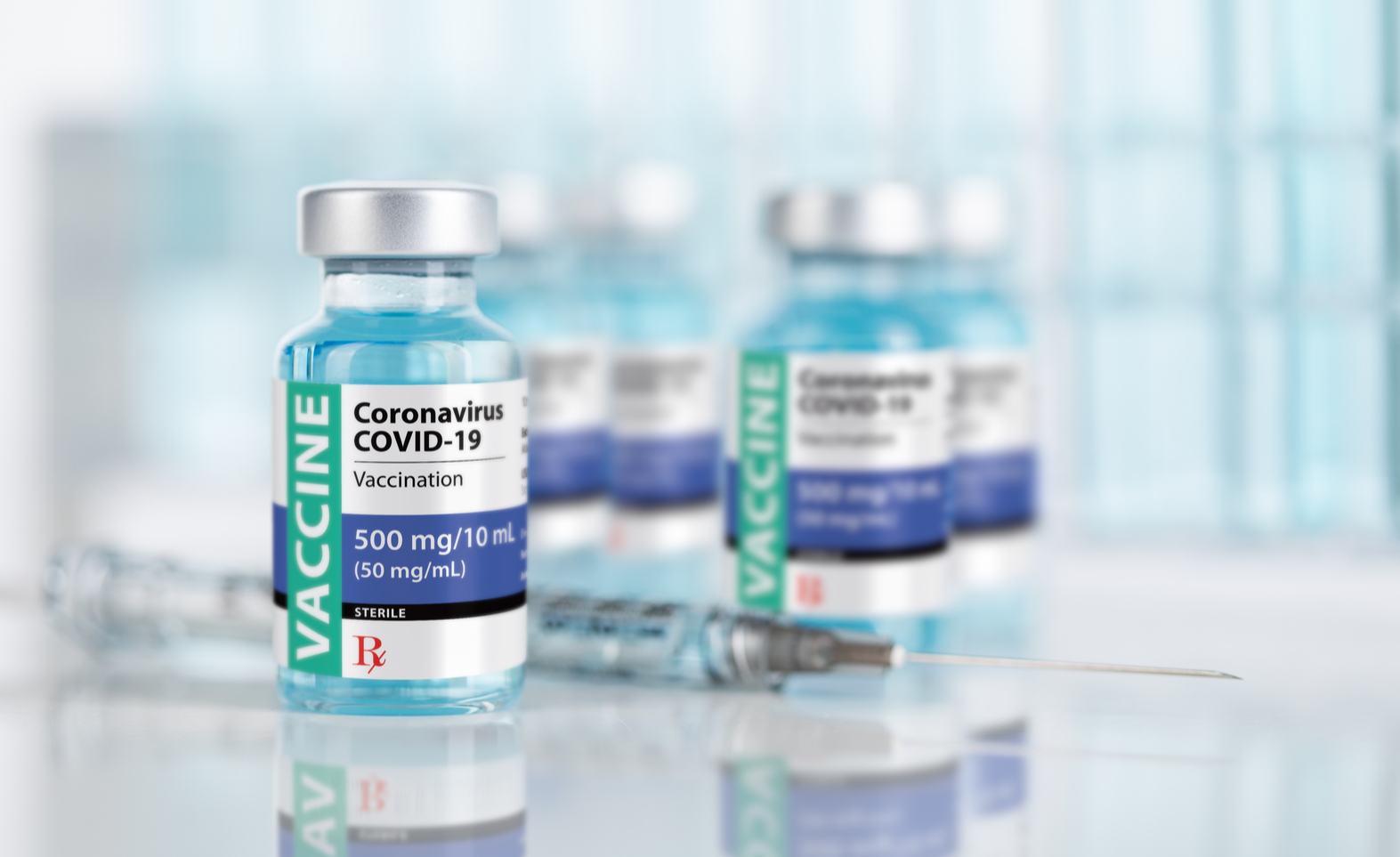
May 6, 2021
As per the provisions of the WTO, innovator drugs including vaccines are protected by the IP regulations of the TRIPS Agreement.
India and South Africa, in October 2020, introduced a provision to waive off IP and subsequently give access to medical devices and best practices in treatment.
The WTO is expected to take a final decision on the matter by June 2021.
Developing economies face challenges of limited funding, clinical trial provisions, scalability, and know-how when it comes to vaccines.

As per a statement by US Trade Representative Katherine Tai, the United States of America has expressed support for relaxing the statutory patent protections for the COVID-19 vaccines as per the TRIPS Agreement. This will add to the chorus of global voices requesting the WTO to implement the relaxation of protocols pertaining to innovator drugs. In October 2020, India joined South Africa in asking for a waiver. Subsequently, it has been joined by close to 60 members of the WTO including Egypt, Bolivia, Namibia, Pakistan, and Mongolia. The multilateral proposal sought to increase accessibility to medical devices and provisions required for the optimal undertaking of vaccination, therapeutic treatments, and diagnostics. The European Union remains the only major trade bloc that continues to oppose the move at WTO.
Media sources report that the World Trade Organization is considering the issuance of a temporary waiver. Experts predict that a decision could be arrived at by June such that the ‘moral and economic issue of our time’, as described by WTO Director-General Ngozi Okonjo-Iweala, will be appropriately addressed. Experts believe that the waiver would give citizens of developing countries access to cost-effective medication as against the options currently available to them. However, concerns have been raised as to how developing economies will commence the sourcing of inputs as well as clinical trials, in addition to the use of appropriate technology in the manufacturing process.
While the potential authorization of the waiver could help improve accessibility to the vaccine, significant challenges continue to face developing economies. Some of the challenges include (i) barriers in the way of upscaling production, (ii) lack of awareness of the technical ‘know-how’ required to manufacture vaccines, (iii) limited funding to develop vaccines, and (iv) export and import restrictions.
(i) Barriers in the way of upscaling production – Disparities in the quality of requisite production facilities (Biosafety Level-3) could pose challenges in facilitating mass production of the vaccine on a timely basis. It is imperative to ensure that manufacturers are equipped with the appropriate technological solutions to take on the task.
(ii) Lack of technical ‘know-how’ – Although the waiver will address the peculiarities of intellectual property, details pertaining to the technological ‘know-how’ of the ingredients and manufacturing process may not necessarily be made available.
(iii) Limited funding for developing vaccines – The United Nations observes that vaccine funding in developed economies like the EU and the US has increased substantially. However, there is a need to release funds and grants for the manufacturing of vaccines in developing countries.
(iv) Export and import restrictions – Export restrictions placed on vaccines can lead to excessive stockpiling in nations with advanced production capabilities. This could impact the pace of vaccination programmes in developing countries that rely on imported vaccines.
(v) Limited capabilities for vaccine clinical trials – Given the peculiarities of funding and local infrastructure in developing countries, it is possible that there is limited scope to conduct clinical trials of the generic vaccines produced.
It is imperative that the above factors be considered in the larger context of the COVID-19 vaccination drive among developing countries.
As the concerted fight against COVID-19 and the mutations of the virus continues, experts propose the creation of a ‘Multilateral Vaccine Purchase (MVP)’ program through the International Monetary Fund’s provisions of the Rapid Credit Facility and the Rapid Financing Instrument (RFI). The facility can be maintained permanently such that aid reaches stakeholders in need in the face of future contingencies. The COVAX programme that was implemented to help developing nations access the vaccine is an existing initiative that can be enhanced to help them cope with the second wave of the pandemic. International supply chains are also to be strengthened so as to ensure seamless flow of vaccines across borders.